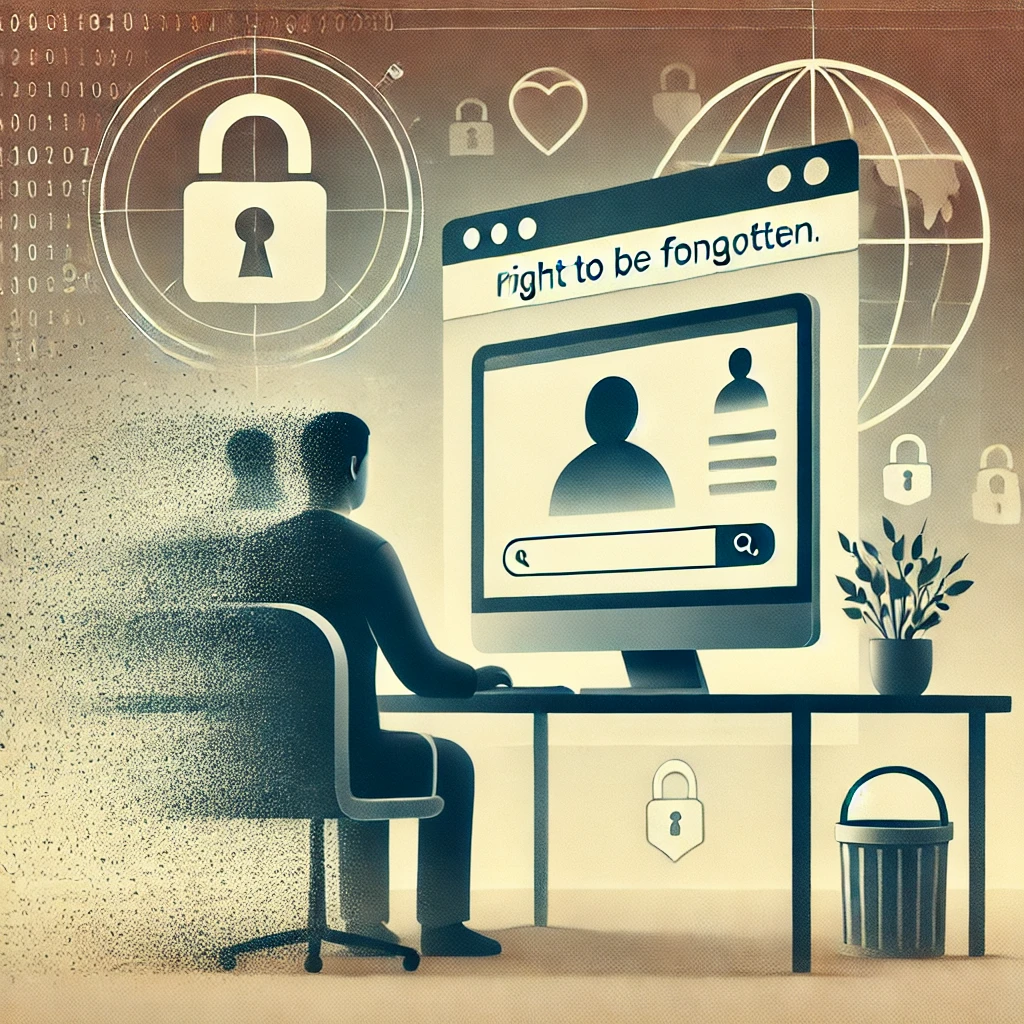
To capture evidence from the internet effectively, you’ll need tools designed for various tasks such as downloading content, taking screenshots, recording activities, scraping data, and preserving webpages. Here’s a comprehensive list categorised by functionality:
1. Capturing Screenshots and Videos
- Snagit (Website): This is for high-quality screenshots and video recordings.
- ShareX (Website): A free, open-source tool for capturing images and videos.
- OBS Studio (Website): Records screen activity and live streams.
- Lightshot (Website): A lightweight tool for quick screenshots.
- Fastone Capture (Website): A paid-for tool that provides fantastic tools for investigators.
2. Archiving Webpages
- Wayback Machine Chrome Extension (Website): Save snapshots of webpages to the Internet Archive.
- WebRecorder (Website): Captures interactive sessions and preserves websites offline.
- HTTrack (Website): Downloads entire websites for offline access.
- SingleFile (Website): A browser extension that saves web pages as a single HTML file.
3. Downloading and Preserving content
- Youtube-dl (Website): This is for downloading videos from YouTube and other platforms.
- 4K Video Downloader (Website): Downloads videos, playlists, and subtitles from multiple platforms.
- JDownloader (Website): Automates bulk downloads from websites.
4. Web Scraping Tools
- Scrapy (Website): A robust Python-based web scraping framework.
- Octoparse (Website): A no-code tool for extracting structured data from websites.
- ParseHub (Website): A visual web scraper for non-technical users.
5. Capturing Social Media Evidence
- Hunchly (Website): Captures and organises online investigations in real-time.
- Maltego (Website): Maps connections on social networks and other platforms.
- Phantombuster (Website): Extracts data from social media profiles and automates interactions.
6. Metadata and File Integrity Tools
- ExifTool (Website): Extracts metadata from images, videos, and files.
- HashMyFiles (Website): Generates file hashes to verify integrity.
- FotoForensics (Website): Analyses metadata and image authenticity.
7. Monitoring Website Changes
- Visualping (Website): Tracks and alerts on webpage changes.
- Distill.io (Website): Monitors and sends notifications for updates on websites.
8. Browser Extensions for Evidence Collection
- Fireshot (Website): Captures full-page screenshots and annotations.
- PageArchiver (Website): Archives web pages and saves them as MHTML files.
- Full Page Screen Capture (Website): Captures the entire webpage in one go.
9. Preserving Online Conversations and Chats
- Conversations Screenshot Tools: Use Snagit or ShareX to capture chat logs.
- PDF Printers: Save chat transcripts or pages as PDFs directly from browsers.
- Page2PDF (Website): Converts web pages into PDF files for easy documentation.
10. General Evidence Collection Frameworks
- OSINT Framework (Website): Provides structured workflows for gathering online evidence.
- Paladin Forensics Suite (Website): A digital forensic evidence collection toolkit, including online data.
Best Practices for Internet Evidence Collection
- Time Stamping: Always document the date and time evidence is collected.
- Hashing: Use tools like HashMyFiles to generate cryptographic hashes for file integrity.
- Documentation: Record every step of your investigation to ensure chain-of-custody compliance.
Let me know if you’d like a specific focus on any of these tools or need guidance on their usage!



